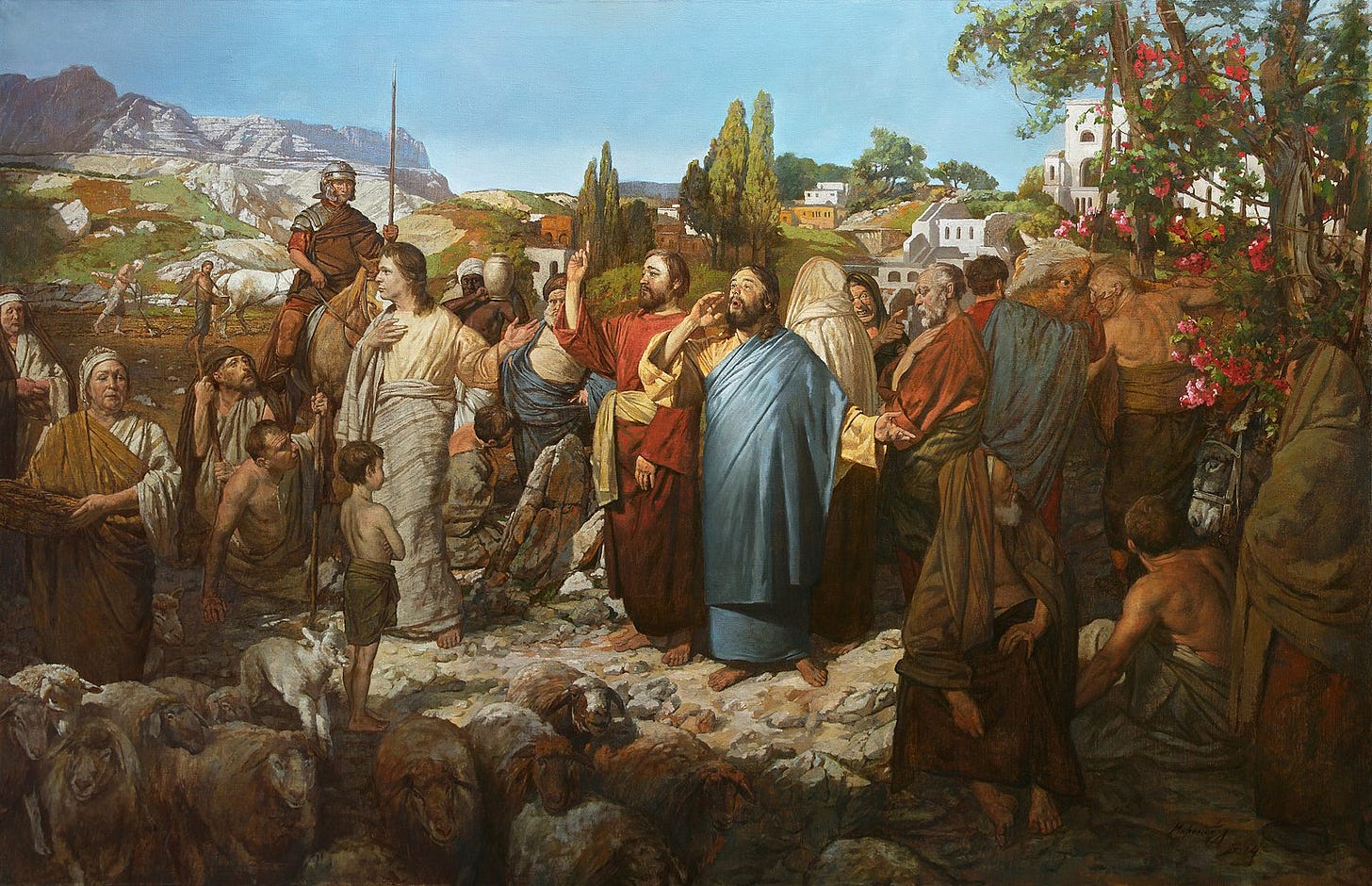Introduction
While I was preparing this enquiry, I recalled reading a war time story about the YCW in Belgium. During the German occupation of Belgium, the YCW was ordered to cease all its activities. The Australian Catholic newspaper, known as the Advocate, reported on January 15, 1942, that the YCW worked in secret to collect milk for mothers and children and potatoes for the poor.
Come forward about eighty years and into the Melbourne’s western suburb of St Albans; there the YCW runs a program aimed at developing independent life skills, educating against food wastage, and breaking down social isolation through bringing young people together to cook and share a meal.
Both stories show the coming of the kingdom of heaven, which is present when and where we work to bring people together in peace. There is no place in God’s kingdom for individualism and consumerism, no place for relativism, or a mechanistic view of life.
Let us reflect for a moment on the description of Christians found in Pope St Paul VI’s encyclical, Evangelisation in the Modern World (Evangelii Nuntiandi):
… they radiate in an altogether simple and unaffected way their faith in values that go beyond current values, and their hope in something that is not seen and that one would not dare to imagine (EN, #21).
The two stories shared with you in this reflection were about the lived faith of young workers intent on celebrating the dignity of those they accompanied in times of war or peace. May the simplicity of their actions give you insight into Jesus’ story about the kingdom of heaven as you carry out this Gospel Enquiry.
The Gospel
Jesus began to speak to the chief priests and elders of the people in parables: ‘The kingdom of heaven may be compared to a king who gave a feast for his son’s wedding. He sent his servants to call those who had been invited, but they would not come. Next he sent some more servants. “Tell those who have been invited” he said “that I have my banquet all prepared, my oxen and fattened cattle have been slaughtered, everything is ready. Come to the wedding.” But they were not interested: one went off to his farm, another to his business, and the rest seized his servants, maltreated them and killed them. The king was furious. He despatched his troops, destroyed those murderers and burnt their town. Then he said to his servants, “The wedding is ready; but as those who were invited proved to be unworthy, go to the crossroads in the town and invite everyone you can find to the wedding.” So these servants went out on to the roads and collected together everyone they could find, bad and good alike; and the wedding hall was filled with guests. When the king came in to look at the guests he noticed one man who was not wearing a wedding garment, and said to him, “How did you get in here, my friend, without a wedding garment?” And the man was silent. Then the king said to the attendants, “Bind him hand and foot and throw him out into the dark, where there will be weeping and grinding of teeth.” For many are called, but few are chosen.’ (Matthew 22:1-14)
The Enquiry
See
What is happening in this story? What does Jesus reveal about the kingdom of heaven? How do you interpret the reference to wearing a wedding garment?
What happens to those who refuse to celebrate the wedding of the king’s son?
Why does the king instruct his servants to gather in “bad and good alike”?
Judge
What surprises you about this story … and why?
How would you like the story to play out? What does this suggest about the ideal life as you perceive it to be?
How does Jesus challenge your worldview through telling this story?
Act
So, what do you want to change in yourself and in the world?
What small action can you carry out that will contribute to the change you want to see?
Who can you involve in your action, when, where and how often?
Image Source: Andrei Mironov (Creator), oil painting depicting the parable of the wedding banquet, Wikimedia Commons, CC BY-SA 4.0


